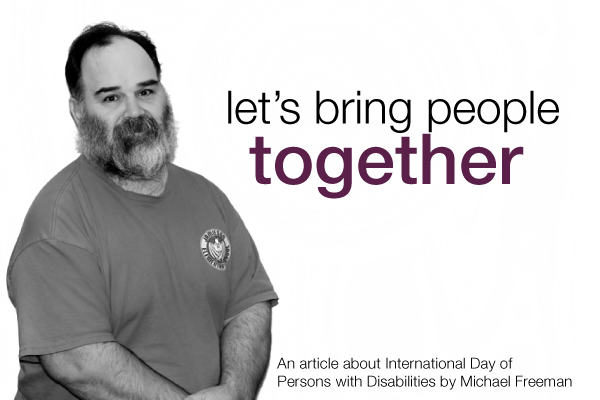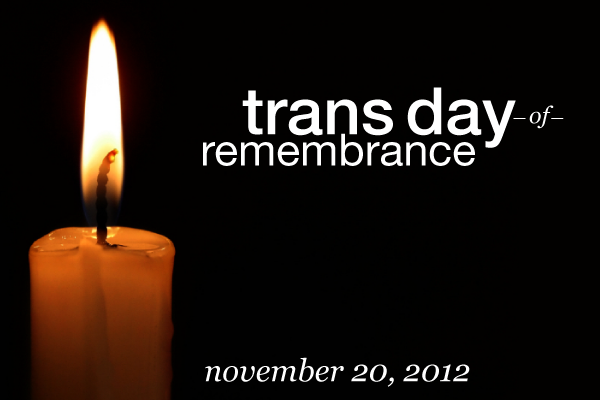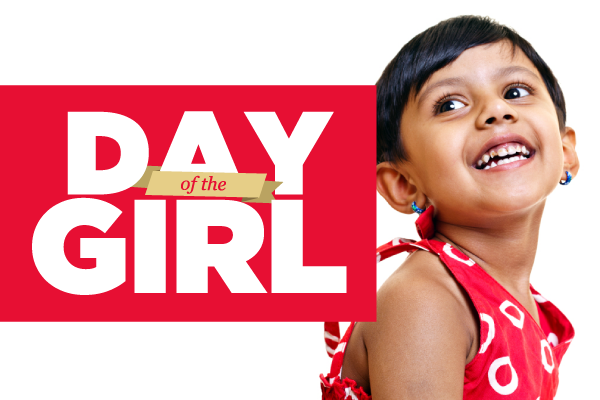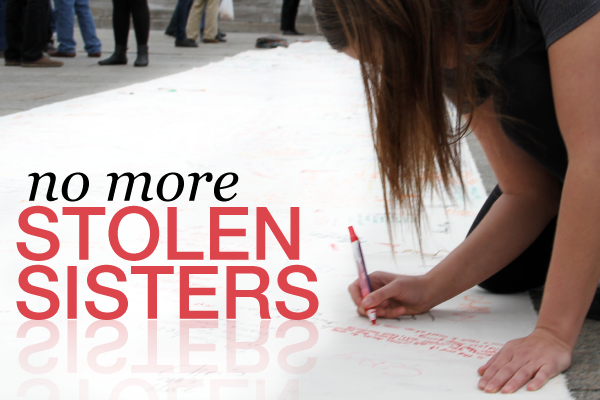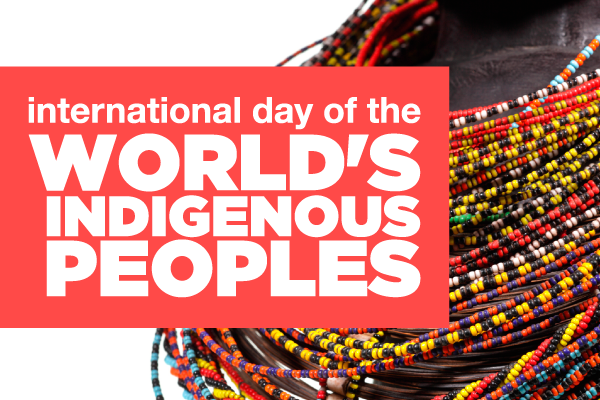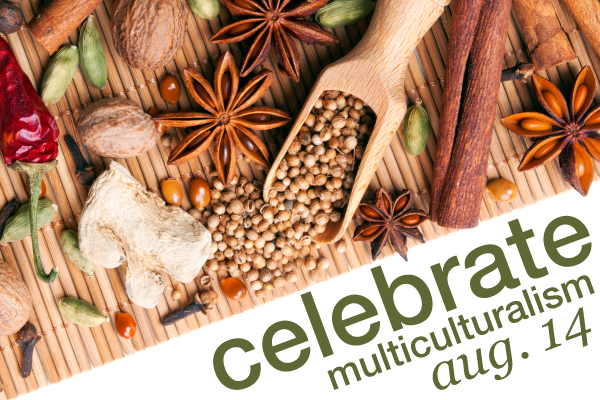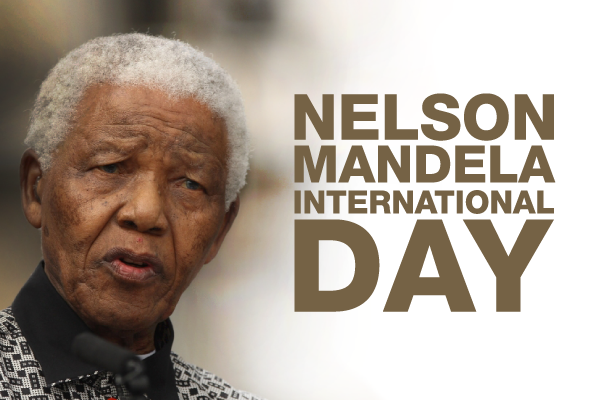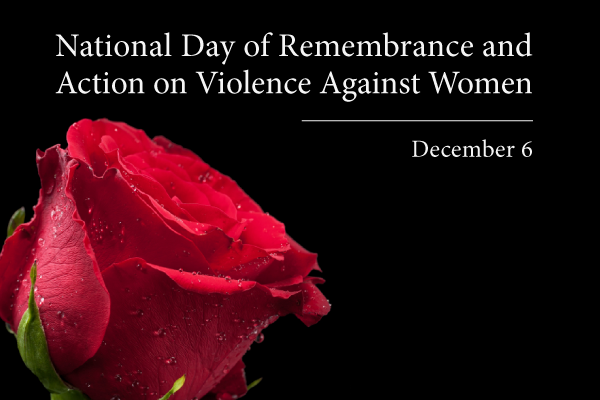
On December 6, 1989, 25-year-old Marc Lépine walked into the École Polytechnique in Montreal and shot 28 people before turning the gun on himself. Lépine, who specifically targeted women because of their gender, killed fourteen women that day. The National Day of Remembrance and Action on Violence Against Women is an occasion to remember those who died that day and take action to prevent other women from becoming victims of violence.
Violence against women takes many forms. In 2010, girls and women accounted for 7 in 10 victims of police-reported family violence.[1] Shelters for abused women in Canada took in approximately 62,000 women and 38,000 children in a one-year period between April 2007 and March 2008.[2] Women are about three times more likely to be victims of spousal homicide than men.[3]
When we speak of violence against women, we often talk about domestic violence. But many women are victims of violence in the workplace, which includes assault, sexual harassment, bullying, and harassment based on race, disability, sexual orientation, and religion.
In a 2004 study by the Centre for Research and Education on Violence Against Women and Children, researchers found that women “experience a range of physical, emotional and financial costs due to their harassment.[4]” The effects aren’t limited to the workplace; the psychological and economic toll often has repercussions on women’s family lives. These women find different ways of dealing with their experience:
Some coping mechanisms may help end the problem of harassment, and others may focus on getting through the day at work. While some women confront their harasser, the majority of women cope in other ways, such as avoiding the harasser, denying the experience is happening and blaming themselves. [5]
The report identifies a number of suggestions for unions, including getting appropriate training, allowing women to bring their own personal support person into meetings with union representatives, and evaluating whether it is within a complainant’s best interest to address their complaints through a grievance, an employer designed process or a joint union-employer process.
For more information on workplace violence, consult the Canadian Centre for Occupational Health and Safety. If you know a woman who is being abused, Health Canada recommends contacting the following services in your community: shelter or transition home, police department, victim services, crisis centre or crisis line, women’s centre, social service agency or health care centre.
[1] Marie, S. (2012) Family Violence in Canada, 2010: A statistical profile Statistics Canada Juristat Article. Retrieved from http://www.statcan.gc.ca/pub/85-002-x/2012001/article/11643-eng.pdf
[2] Family Violence in Canada: a statistical profile (2009) Statistics Canada. Retrieved from : http://www.phac-aspc.gc.ca/ncfv-cnivf/pdfs/fv-85-224-XWE-eng.pdf
[3] Beattie, S., Cotter, A. (2009) Homicide in Canada. Statistics Canada. Retrieved from: http://www.statcan.gc.ca/pub/85-002-x/2010003/article/11352-eng.htm
[4] Carr, J, Huntley, A, MacQuarri, B, and Welsh, S. (2004) Violence and Harassment in the Workplace. Centre for Research on Violence Against Women and Children. Retrieved from: http://www.crvawc.ca/documents/WorkplaceHarassmentandViolencereport.pdf
[5] Carr, J, Huntley, A, MacQuarri, B, and Welsh, S. (2004) Violence and Harassment in the Workplace. Centre for Research on Violence Against Women and Children. Retrieved from: http://www.crvawc.ca/documents/WorkplaceHarassmentandViolencereport.pdf
